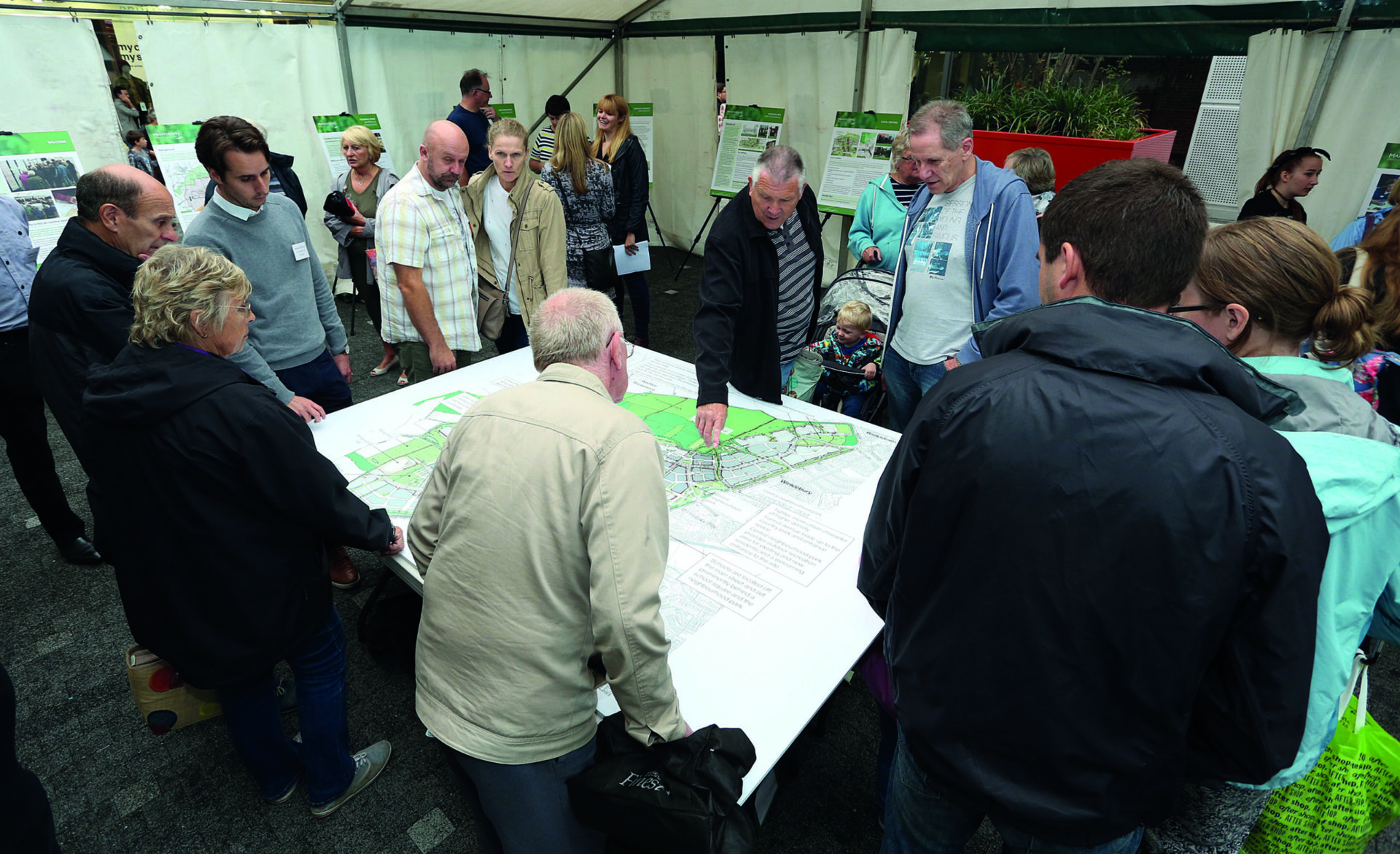British Social Attitudes survey: New homes vs new communities

How can new homes be delivered with the support of communities that will host them? Getting the answer right is the first step to solving the housing crisis and MHCLG’s latest ‘Public attitudes to house building’ survey may point towards a solution.
What are the headline results?
- The level of support for new homes being built in someone’s local area has remained consistent at 55% since 2014 but so has the level of opposition at 21%
- Since 2010 the level of opposition to new homes being built in someone’s local area has more than halved, whilst the level of support has almost doubled
- Net opposition to new housing has reduced from 18% in 2010 to -34% in 2017
- The percentage of those ‘strongly supporting’ new homes has nearly trebled since 2010 to 14% of respondents….whilst the percentage of those ‘strongly opposed’ has reduced to 5%
- 50% of people think that local councils should be responsible for deciding where new homes are built, with 41% believing that this should be down to local communities
- 88% of respondents would want to buy a new home versus 11% who would choose to rent – a figure little changed in thirty years
- More homeowners are opposed to new homes being built in their local area compared to renters; and opposition is most acute among the over 65s
- Those least opposed to new homes are people living in housing association properties between the ages of 18 – 34
What else?
It is clear from the results that new housing remains a divisive issue regardless of the underlying acknowledgment that there is a national need for new homes to be built.
People increasingly see the delivery of new housing as one part of a larger need to invest in their Built Environment and not an end in itself. The delivery of more employment opportunities, new medical facilities, improved transport links and new schools are all factors selected by respondents that would make them support homes being built in their local area. But the potency of a ‘new jobs’ argument appears to have lessened in recent years – perhaps as a result of the historically high levels of employment.
So what?
Bringing forward new housing will remain an emotive issue for everyone involved but there may be light at the end of the tunnel. Early conversations with host communities about how new homes can help to improve the existing Built Environment; be it a new school, a solution to a difficult road junction or improved leisure and recreational areas can help to move the debate beyond a simple ‘yes’ vs ‘no’ argument.
At BECG we are working in communities across the North West helping our clients to get under the skin of local communities and bring forward proposals that go beyond simply delivering a specific development. By working with local people to understand what their aspirations are we are able to unlock support for new homes because they are part of a wider plan to help deliver a new and improved Built Environment.
Such an approach does require time and it does not convince everybody. But in our experience it does lead to planning applications that are supported by many local people who are willing to stand-up and make their voices heard.
Selected industry experts bring you insight and expert advice, across a range of sectors.
Subscribe for free to receive our fortnightly round-up of property tips and expertise
Selected industry experts bring you insight and expert advice, across a range of sectors.
Subscribe for free to receive our fortnightly round-up of property tips and expertise





